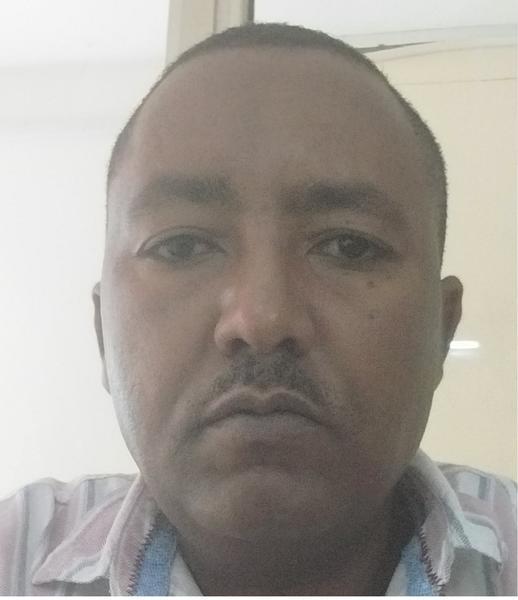Tadesse Terefe Zeleke
Tadesse Terefe Zeleke is a scientist with over ten years of experience in climate projections and the causative effects of climatic variability and change. He holds a master and PhD in Atmospheric and Meteorology from Addis Ababa University and The Abdu Salam International Center for Theoretical Physics (ICTP) as a Sandwich Training Educational Program.
Tadesse is currently a research project coordinator for climate change and water resource management at the Alliance of Bioversity International and the International Center for Tropical Agriculture (CIAT)-CGIAR. In this role, he focuses on seasonal and sub-seasonal forecasting for agriculturalists and pastoralists, as well as exploring how to improve the quality of climate information for those end-users.
In his former position (associate professor of atmospheric and meteorology at Addis Ababa University), he made significant contributions to the field of climate information services and climate-smart agriculture. He has developed course content for these topics, trained a large number of stakeholders, and published over 60 papers in the field of atmospheric and meteorology. He published several publications on drought, water availability for agricultural activity in Ethiopia, as well as its changes and causes. He also organizes and contributes to the development of new MSc and PhD curriculum, as well as teaching and advising postgraduate students. He has participated in seven Addis Ababa University thematic projects, four external projects, and several international efforts.
Tadesse Terefe Zeleke's research interests include regional and global climate modelling and analysis of anthropogenic climate change and extreme events, soil moisture availability, rainfall and drought variability and trend, and climate variability/change impact studies on (agricultural, hydrological, biodiversity, health, and socioeconomical). He is also interested in assessing the driving forces and mechanisms of climate change and extreme events (such as deforestation, land-use change, urbanization, wet land and water body change, other local and global driving forces such as sea surface temperature change, global circulation, anthropogenic emissions, and so on).

